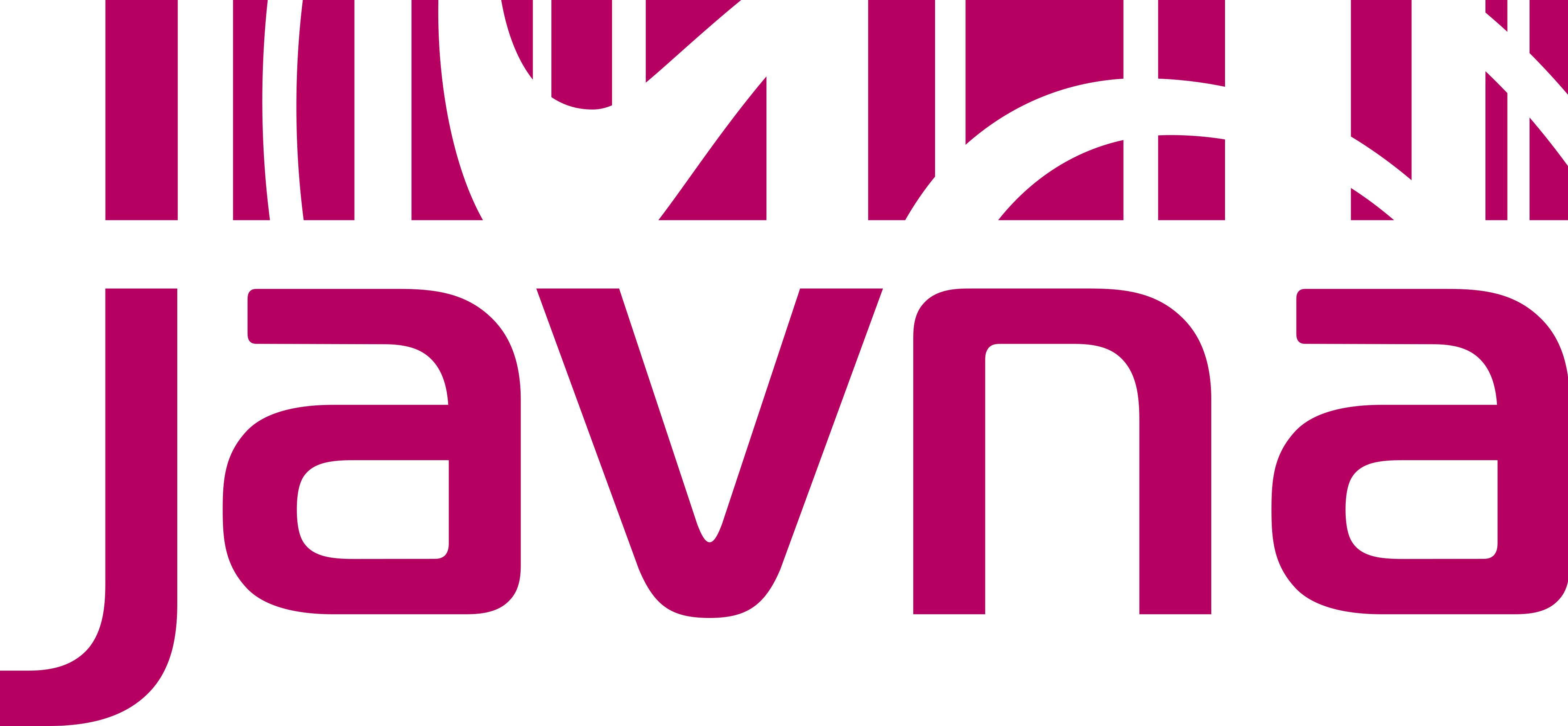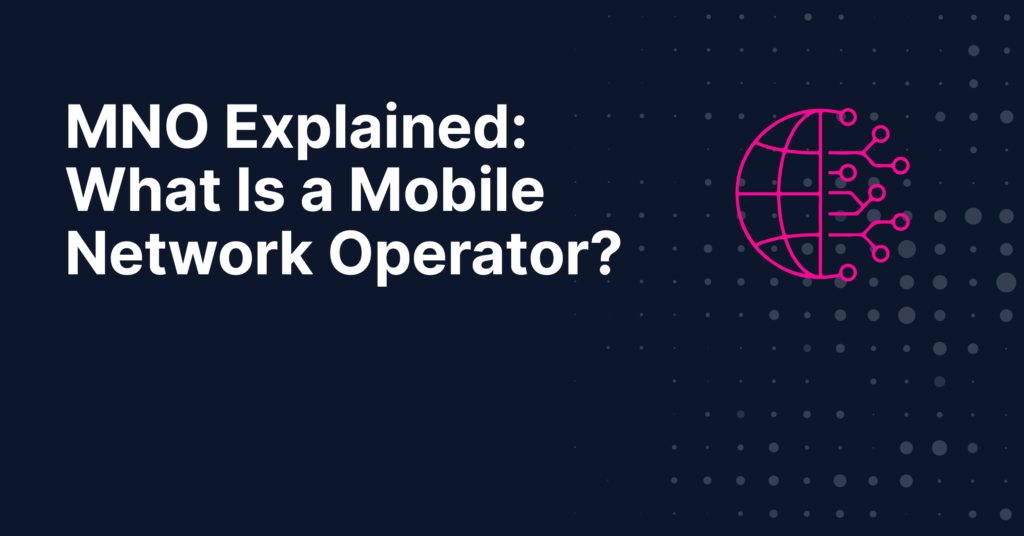The term “Mobile Network Operator (MNO)” is fundamental in the world of telecommunications, yet it often goes unexplored by many outside the industry. This article aims to demystify the concept of MNOs, offering a clear and concise explanation of their critical role in our increasingly connected world. As you read, you will gain an understanding of what an MNO is, the key functions they perform, and their importance in the broader telecommunications landscape. Whether you’re a beginner in telecom concepts or simply curious about the technology that powers your daily communications, this article will provide valuable insights into the world of Mobile Network Operators.
1. Understanding the Basics of MNOs
-
What is a Mobile Network Operator (MNO)?
A Mobile Network Operator (MNO) is a company that provides wireless communication services to customers. Essentially, an MNO owns or controls access to the network infrastructure necessary to deliver these services, such as radio spectrum allocation, wireless network infrastructure, and other technical elements. Their primary function is to offer mobile communication services like voice calls, SMS (Short Message Service), and internet access to end-users through subscriptions or contracts.
An MNO’s operation involves a complex ecosystem that includes maintaining and upgrading network equipment, ensuring regulatory compliance, and constantly innovating to meet customer demands. They are responsible for the seamless operation of mobile services, managing everything from signal transmission to customer service.
In summary, a Mobile Network Operator is a crucial entity in the telecommunications sector, facilitating mobile connectivity and communication services that have become integral to modern life.
-
Importance in the Telecommunications Landscape
In the dynamic world of telecommunications, Mobile Network Operators (MNOs) play a pivotal role. They are the backbone that powers our daily communications, from voice calls to high-speed internet access. Their significance goes beyond mere connectivity; MNOs are key enablers of technological innovation and societal progress.
MNOs manage critical infrastructure, making distant connections possible and impacting various sectors like business and healthcare. With the advent of technologies like 5G, their role in driving digital transformation has become even more pronounced. In essence, MNOs are not just service providers but fundamental pillars of our modern, interconnected world.
2. Key Functions of Mobile Network Operators
1. Network Infrastructure and Maintenance
Mobile Network Operators are responsible for establishing and maintaining the physical infrastructure essential for mobile communication. This includes a wide array of hardware such as cell towers, data centers, and transmission equipment. MNOs ensure that this infrastructure is not only robust but also constantly upgraded to accommodate evolving technologies and increasing demand. Regular maintenance is crucial to minimize service disruptions and provide consistent, high-quality communication services.
2. Spectrum Allocation and Management
Spectrum allocation is a critical function of MNOs. They manage the radio frequencies allocated to them by regulatory bodies for wireless communication. Effective spectrum management involves optimizing the use of these frequencies to avoid interference, maximize coverage, and enhance service quality. As spectrum is a limited resource, its efficient management is key to an MNO’s ability to provide reliable and fast communication services.
3. Voice and Data Services Provisioning
The core service of any MNO is the provisioning of voice and data services to its customers. This includes traditional voice calls, text messaging (SMS), and various forms of data services, ranging from basic mobile internet to advanced data-driven applications. MNOs continuously work to improve these services in terms of speed, reliability, and coverage area, adapting to the ever-growing needs and expectations of their users.
Javna has Over 1500 connections globally, with over 90 direct mobile network operators, ensuring a vast network for reliable message delivery. This means that businesses collaborating with Javna can reach a large audience across different regions.
3. Types of Mobile Network Operators
1. Full MNOs vs. MVNOs (Mobile Virtual Network Operators)
The telecommunications industry recognizes two primary types of mobile network operators: Full MNOs and MVNOs. Full MNOs own and operate their entire network infrastructure, including the spectrum, towers, and all related technologies. They have full control over their services and infrastructure. In contrast, Mobile Virtual Network Operators (MVNOs) do not own the network infrastructure. Instead, they lease network capacity from full MNOs to provide services to their customers. This arrangement allows MVNOs to offer competitive pricing and niche market services without the hefty investment in physical network infrastructure.
2. Global and Regional MNOs
Mobile Network Operators can also be categorized based on their operational reach. Global MNOs have a widespread presence, offering services across multiple countries or continents. They often have extensive networks and resources, enabling them to provide a wide range of services on a large scale. On the other hand, Regional MNOs operate within a specific geographical area, such as a single country or a part of a continent. They tend to have a more localized approach, focusing on catering to the specific needs and preferences of the regional market.
4. MNOs and Consumer Interaction
-
-
Service Delivery to End-Users
-
Mobile Network Operators (MNOs) are directly responsible for the delivery of services to end-users. This encompasses not only the provision of essential services like voice calls and data but also ensuring the quality and reliability of these services. MNOs strive to offer wide coverage, high-speed data, and clear call quality, continually upgrading their infrastructure to meet these goals. They also innovate in service offerings to meet diverse consumer needs, ranging from basic mobile services to advanced data-driven applications and bundled packages.
-
-
Customer Service and Engagement Strategies
-
Effective customer service and engagement are crucial for MNOs. They employ various strategies to maintain customer satisfaction and loyalty, such as offering 24/7 customer support, user-friendly interfaces for account management, and personalized service packages. MNOs also engage with customers through marketing and communication campaigns, feedback surveys, and community involvement. These strategies are key to understanding customer needs and preferences, allowing MNOs to tailor their services and foster long-term relationships with their users.
5. Conclusion
-
Recap of the MNO’s Significance in Telecommunications
Mobile Network Operators (MNOs) are undeniably vital in the telecommunications sector. They not only provide essential communication services but also drive technological innovation and infrastructure development. MNOs connect individuals, facilitate business operations, and support numerous other aspects of modern life. Their role in managing network infrastructure, spectrum allocation, and service provisioning is integral to maintaining the global connectivity that we often take for granted.
-
Future Outlook for Mobile Network Operators
Looking ahead, MNOs face a future filled with both challenges and opportunities. The rapid advancement of technologies like 5G, IoT, and AI presents new frontiers for service improvement and expansion. MNOs are expected to continue evolving, adapting to changing consumer demands and technological landscapes. They will play a critical role in shaping the future of digital communication, bringing innovative solutions and forging pathways to a more connected and technologically advanced world.
In conclusion, the impact of Mobile Network Operators on our daily lives and the global economy is profound. As they navigate the ever-changing telecom landscape, their ability to innovate and adapt will be key to their continued success and the enhancement of global communication networks.
6. FAQs about Mobile Network Operator (MNO)
-
What is the difference between MNO and carrier?
An MNO, or Mobile Network Operator, specifically refers to a company that owns the infrastructure for mobile communications and provides wireless services. A carrier is a broader term that includes any telecommunications service provider, which can be mobile, fixed-line, internet, or cable services. Thus, while all MNOs are carriers, not all carriers are MNOs.
-
What are the functions of the MNO?
The main functions of a Mobile Network Operator (MNO) include:
-
- Network Infrastructure and Maintenance: Building, maintaining, and upgrading the physical infrastructure like cell towers and data centers for mobile communication.
- Spectrum Allocation and Management: Managing and optimizing the radio frequencies allocated for wireless communication to ensure efficient and interference-free service.
- Voice and Data Services Provisioning: Offering and managing mobile communication services such as voice calls, text messaging, and data services to consumers.
These functions are crucial for providing reliable and high-quality mobile communication services to users.
-
What is MNO in 5G?
In the context of 5G, a Mobile Network Operator (MNO) is a telecommunications service provider that is responsible for deploying, managing, and operating the 5G network infrastructure. MNOs play a key role in bringing the advanced capabilities of 5G technology, such as higher speeds, reduced latency, and increased connectivity, to consumers and businesses. They invest in and develop the necessary infrastructure, like 5G cell towers and related technology, to ensure the efficient and widespread availability of 5G services.
-
What is an example of a mobile network operator?
An example of a mobile network operator (MNO) is Verizon Wireless in the United States. Also:
-
- Etisalat (United Arab Emirates): A prominent MNO operating in the UAE and other Middle Eastern and African countries, known for its telecommunications services.
- STC (Saudi Telecom Company – Saudi Arabia): The leading MNO in Saudi Arabia, providing mobile and internet services to a vast customer base.
- Ooredoo (Qatar): A major telecommunications operator in Qatar and other Arab countries, offering mobile, broadband, and other services to its subscribers.



